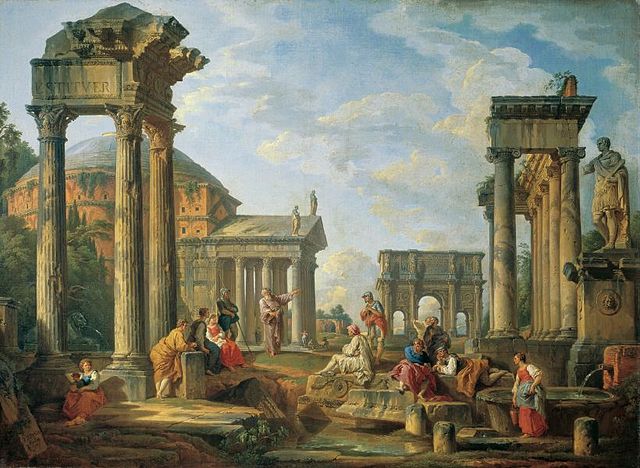From Fate to Funny: A Cultural History of the Word “Weird”
The word “weird” has taken a fascinating journey through history, morphing its meaning with the changing tides of popular culture. From Shakespearean witches to “Weird Al” Yankovic, this seemingly simple term has been used to describe the supernatural, the unsettling, and even the oddly endearing. As it emerges as a potent political weapon in the 2024 US election, let’s delve into the evolution of “weird” and explore how it has become a cultural touchstone.

A Word Steeped in Fate: The Origins of “Weird”
The history of “weird” stretches back to the Old English word “wyrd,” which roughly translates to “the fated thing.” This association with destiny found its way into William Shakespeare’s iconic play, Macbeth, where the three “weird sisters” – the witches – were seen as harbingers of fate.
“They understood and foretold fate,” explains Michael Adams, an English professor specializing in lexicography. “That’s where it begins. It’s really a term about the supernatural.”
From Supernatural to Strange: The Broader Use of “Weird”
As “weird” transitioned from a noun to an adjective, its meaning broadened. It began to encompass anything odd, eccentric, unusual, or unexpected. This evolution opened the door for its use beyond the realm of the supernatural.
The Rise of Weird Tales and the Allure of the Strange
The 20th century witnessed a surge in the popularity of “weird” thanks to the rise of pulp fiction. Magazines like Weird Tales, featuring works by H.P. Lovecraft, capitalized on the public’s fascination with the uncanny and the bizarre. Weirdness became a source of intrigue, particularly for young readers captivated by fantastical narratives.
This fascination with the strange continued through the 1950s with EC Comics’ “Weird Science” and “Weird Fantasy.” While initially targeted towards young male audiences, these publications played a role in normalizing the concept of “weirdness” as something cool and even exciting.
From “Weird” to “Weirdo”: A Shift in Meaning
By the late 1950s, “weird” morphed into “weirdo,” a more individualistic and often derogatory term. This shift signified a growing emphasis on “weirdness” as a social marker, used to express discomfort or dislike towards someone’s behavior or appearance.
The 1960s saw the emergence of phrases like “weirded out” or “freaked out,” further solidifying the association of “weird” with unease and alienation. Interestingly, both Vice President Harris and Governor Walz, born in 1964, likely connect with this specific usage of “weird” from their generation.
Weird Al and the Reclaiming of “Weird”: A Paradigm Shift
The 1970s witnessed a pivotal moment in the cultural perception of “weird” thanks to “Weird Al” Yankovic. Originally used as a derogatory term in college, Yankovic embraced the label and transformed it into a symbol of playful quirkiness and humor. His success marked a turning point, injecting a sense of positivity and lightheartedness into the word.
“Weird and Wonderful”: Celebrating the Uniqueness of Being Weird
Paralleling Yankovic’s rise was the growing popularity of the phrase “weird and wonderful.” This term highlighted the positive aspects of “weirdness,” celebrating individuality and embracing the unconventional.
Interestingly, this perspective offers a counterpoint to the current deployment of “weird” by Harris and Walz. Had they been working for the Trump campaign, Adams suggests, they might have embraced the “weird and wonderful” approach, highlighting Trump’s unorthodox persona in a positive light.
“Keep Austin Weird”: A Celebration of Authentic Weirdness
The early 2000s saw another shift with the coining of the phrase “Keep Austin Weird.” Championing the city’s independent spirit and unconventional charm, this slogan highlighted the value of embracing one’s unique identity.
Similar slogans have sprung up in numerous cities, reflecting a growing cultural acceptance and even celebration of “weirdness.”
“Everyone is Weird”: From Othering to Embracing Individuality
Today, the word “weird” carries a complex tapestry of meanings. While it can still be used to express discomfort or exclusion, it also signifies an appreciation for authenticity and individuality. Phrases like “Everyone is weird” underscore this positive shift, encouraging self-acceptance and embracing the quirks that make us unique.




